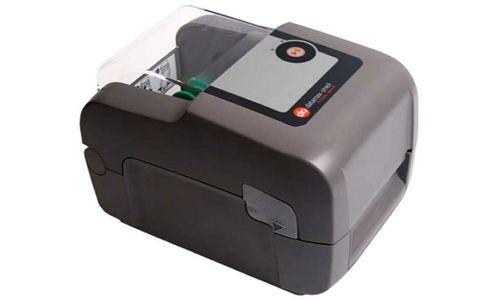Email: gm@indianbarcode.com / newdelhiprintersdwarka@gmail.com
Phone: +91-9717122688 / +91-9810822688
Email: gm@indianbarcode.com / newdelhiprintersdwarka@gmail.com
Phone: +91-9717122688 / +91-9810822688
The Datamax E-4204 B MIII thermal desktop printer series have been developed to meet the diverse printing needs of businesses while ensuring affordability, ease of use and economical operations. The E-4204B is one of the highly successful brands from the company that has created a name for itself in industrial grade receipt and label printing solutions. The Datamax E-4204B is a 203 dpi printer designed for a wide variety of industries and applications. The reliable and cost-effective E-4204B features a 4 inches/sec speed and 4.25 print width plus a choice of USB and Serial interfaces. The Datamax E-4204B large roll capacity and quick-loading media prevents lengthy downtime and enables fast performance.
New Delhi Printers, Asia's largest Importer and Distributor of Datamax E-4204B MIII Barcode Printer, seamlessly integrates expertise into its offerings. As authorized service partners of Datamax Barcode Printers, we ensure top-notch reliability. Additionally, we're Asia’s foremost manufacturers of diverse barcode labels including Paper, Polyester, Pre-printed, Printed, Security, Void, alongside supplying premium Ribbons for all Barcode Label Printers. Trust New Delhi Printers for unparalleled barcode solutions across the region.
Best price and service for Datamax E-4204B MIII Barcode Printer call +91 9810822688 and mail us at gm@indianbarcode.com
Printing Performance:
Media Handling and Usability:
Connectivity and User Experience:
Additional Features (limited information due to potential discontinuation):
